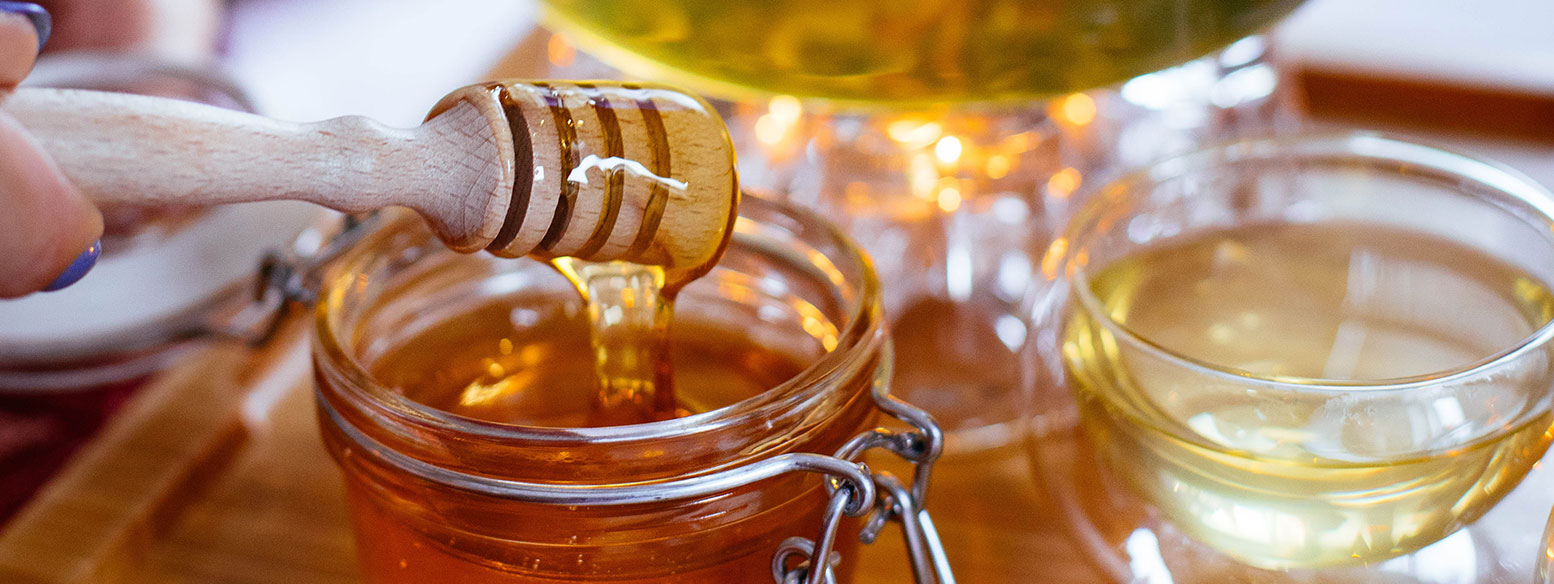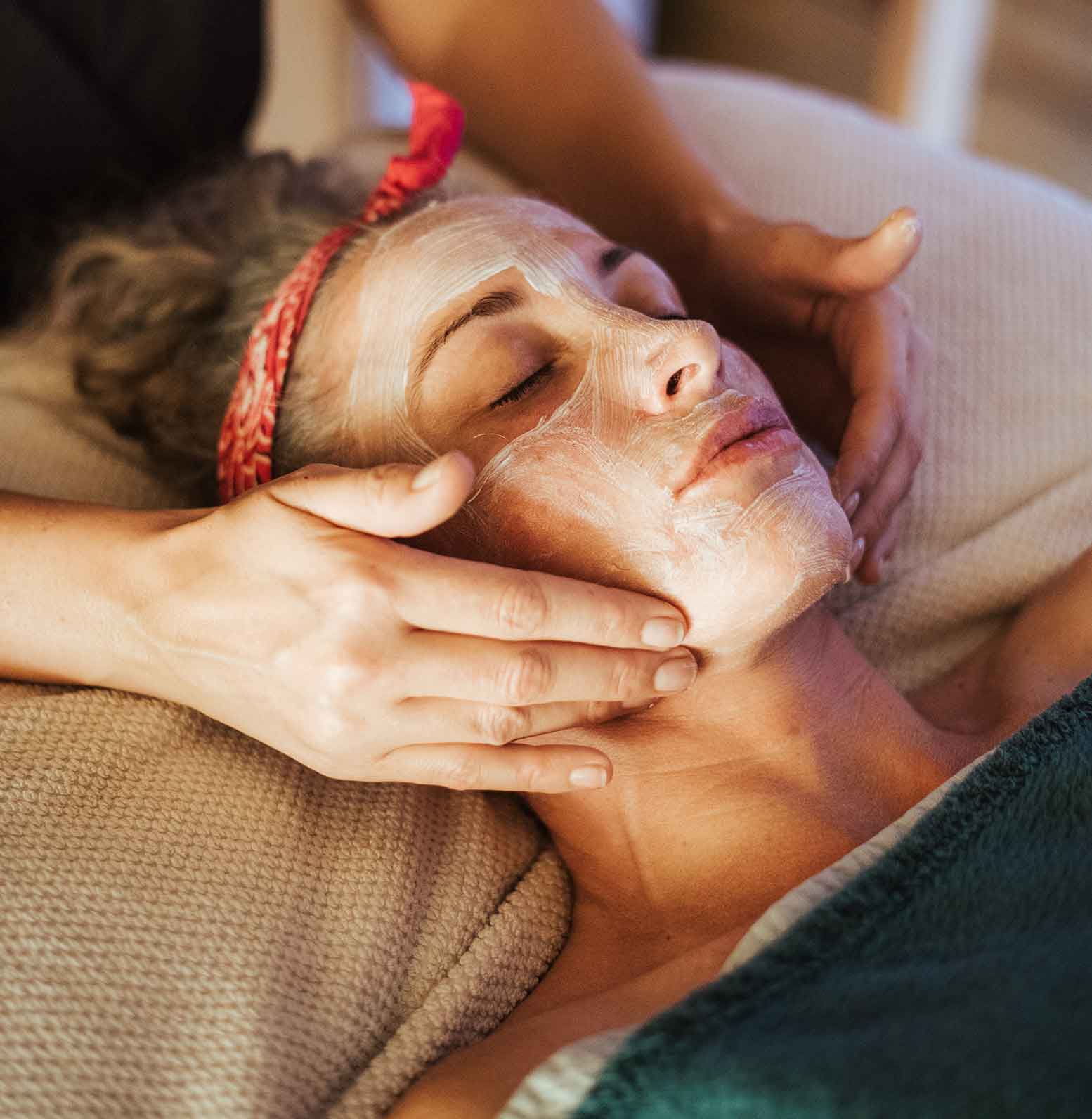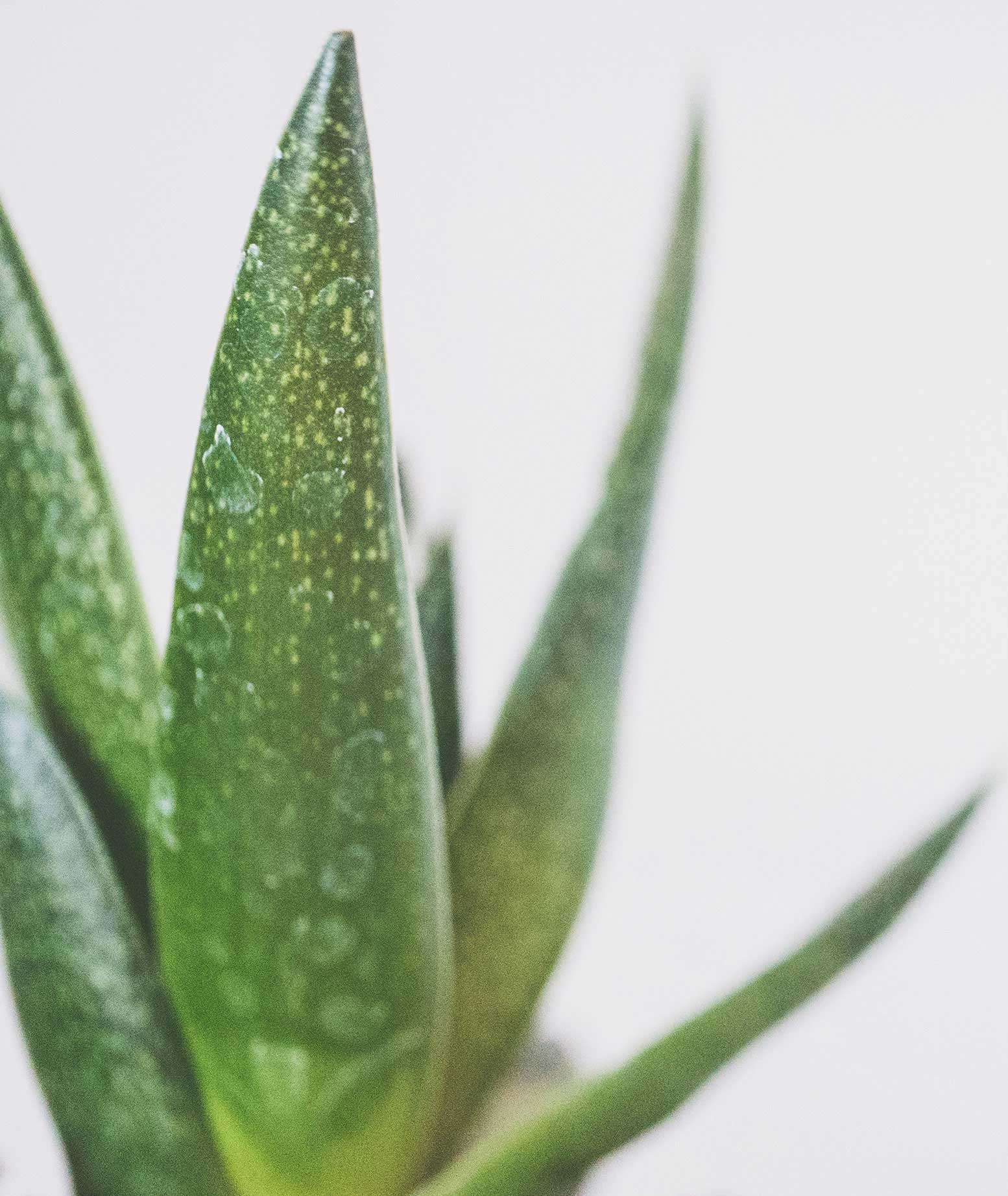- HEALTH
- Workout Routines
- Mental Health
- Natural Remedies
- Weight Management
- Holistic Wellness
- Healthy Aging and Longevity

In recent years, there has been a growing interest in using natural ingredients in skincare products. This research paper provides a comprehensive review of the benefits of commonly used natural ingredients, including aloe vera, coconut oil, and honey, in skincare formulations. Scientific studies and anecdotal evidence are examined to shed light on the efficacy and safety of these natural ingredients. The paper also explores the mechanisms behind their skincare benefits, covering moisturization, anti-aging, acne treatment, and wound healing properties. Understanding the science behind these natural ingredients can help consumers make informed choices and harness the power of nature for healthier, more radiant skin.

The skincare industry has witnessed a significant shift towards natural and organic ingredients in recent years. Consumers are increasingly drawn to products that offer skincare benefits without the potential risks associated with synthetic chemicals. This trend has led to a resurgence in the use of age-old remedies, such as aloe vera, coconut oil, and honey, in modern skincare formulations. This research paper aims to delve into the scientific basis for the benefits of these natural ingredients in skincare.

Aloe vera, derived from the succulent plant of the same name, has a long history of use in traditional medicine for its healing properties. It is a key ingredient in various skincare products, including creams, lotions, and gels.
Moisturization
One of the primary benefits of aloe vera in skincare is its exceptional moisturizing properties. The inner gel of the aloe vera leaf is rich in polysaccharides, which have the ability to bind and retain water in the skin, promoting hydration. Several studies have examined the efficacy of aloe vera in improving skin moisture content.
Anti-Inflammatory and Wound Healing
Aloe vera is renowned for its anti-inflammatory properties. It contains compounds like acemannan, which can reduce inflammation and soothe irritated skin. Moreover, aloe vera is known to enhance wound healing by stimulating collagen synthesis and cell proliferation.
Coconut oil is a versatile natural ingredient with a wide range of applications, including skincare. It is rich in fatty acids, particularly lauric acid, which contribute to its skincare benefits.
Moisturization
The fatty acids in coconut oil make it an excellent emollient. It can penetrate the skin’s layers, providing deep and long-lasting moisturization. Studies have shown its efficacy in improving skin hydration and barrier function.
Anti-Aging
Coconut oil contains antioxidants like vitamin E, which can protect the skin from oxidative stress and reduce the signs of aging. Furthermore, its ability to enhance collagen production contributes to its anti-aging properties.
Honey, a natural sweetener produced by bees, has been used for centuries in skincare due to its antibacterial and humectant properties. It is found in a variety of skincare products, including cleansers, masks, and moisturizers.
Antibacterial and Acne Treatment
One of the most well-established benefits of honey in skincare is its ability to inhibit the growth of bacteria. This makes it a valuable ingredient for acne-prone skin. Clinical studies have explored the effectiveness of honey-based treatments for acne.
Wound Healing
Honey’s wound-healing properties are attributed to its antimicrobial activity, promotion of tissue regeneration, and reduction of inflammation. It is used in medical settings for chronic wound management.
To investigate the benefits of aloe vera, coconut oil, and honey in skincare products, a systematic literature review was conducted. PubMed, Google Scholar, and reputable skincare journals were searched for relevant studies and articles published within the last ten years. Keywords included “aloe vera skincare benefits,” “coconut oil skincare,” “honey in skincare,” and various combinations thereof. Studies focusing on the mechanisms of action, efficacy, and safety of these natural ingredients in skincare were selected for analysis.
Moisturization
Numerous studies have demonstrated the moisturizing effects of aloe vera. A randomized controlled trial (RCT) involving 60 participants found that aloe vera gel significantly increased skin hydration levels compared to a placebo (Danby et al., 2013). Another RCT with 120 participants reported similar findings, highlighting aloe vera’s effectiveness in improving skin moisture content (Surjushe et al., 2008).
Anti-Inflammatory and Wound Healing
Aloe vera’s anti-inflammatory properties have been extensively studied. An in vitro study by Lee et al. (2008) showed that aloe vera inhibits the production of inflammatory mediators in human keratinocytes. Additionally, a clinical trial involving 30 patients with second-degree burns found that aloe vera gel promoted faster wound healing compared to a silver sulfadiazine cream (Visuthikosol et al., 1995).
Moisturization
Research supports coconut oil’s ability to improve skin hydration. A study by Evangelista et al. (2014) demonstrated that coconut oil is an effective and safe emollient for treating dry skin. The oil’s unique fatty acid composition allows it to penetrate the skin and reduce transepidermal water loss.
Anti-Aging
The anti-aging potential of coconut oil has been explored in various studies. In an animal study by Nevin and Rajamohan (2010), topical application of virgin coconut oil reduced oxidative stress and prevented age-related changes in skin. A randomized controlled trial conducted by Monoi Institute of Tahiti (2019) found that coconut oil-based products improved skin elasticity and reduced the appearance of wrinkles in human participants.
Antibacterial and Acne Treatment
Honey’s antibacterial properties have been well-established. A review by McLoone et al. (2016) highlighted honey’s effectiveness against a wide range of bacteria, including antibiotic-resistant strains. Several clinical studies, such as those by Al-Waili et al. (2013) and Mahmood et al. (2011), demonstrated the efficacy of honey-based treatments for acne vulgaris.
Wound Healing
Honey’s wound-healing abilities have been extensively researched. A meta-analysis by Jull et al. (2015) involving 26 clinical trials concluded that honey is beneficial for healing various types of wounds, including diabetic ulcers and burns. The review emphasized honey’s ability to reduce wound size, infection rates, and healing time.
The results of this comprehensive review reveal that aloe vera, coconut oil, and honey offer a range of skincare benefits, supported by both scientific studies and historical use. These natural ingredients have earned their place in modern skincare formulations due to their efficacy and safety.
Aloe vera’s moisturizing properties are well-documented, making it a valuable ingredient for combating dry and dehydrated skin. Its ability to soothe inflammation and accelerate wound healing further enhances its skincare benefits. Additionally, aloe vera is suitable for various skin types, including sensitive and irritated skin.
Coconut oil’s capacity to provide deep moisturization and support the skin’s natural barrier function makes it an excellent choice for dry and sensitive skin. Its anti-aging properties, attributed to antioxidants and collagen-stimulating effects, offer an added advantage. However, individuals with oily or acne-prone skin should exercise caution when using coconut oil to avoid exacerbating breakouts.
Honey’s antibacterial properties make it an effective treatment for acne-prone skin. Its wound-healing abilities extend to various types of wounds, making it a valuable addition to skincare and wound care products. It is important to note that the type and source of honey can influence its efficacy, with medical-grade honey showing superior results in wound healing.
The benefits of natural ingredients in skincare products are supported by scientific research and centuries of traditional use. Aloe vera, coconut oil, and honey stand out as versatile and effective options for various skincare concerns. Understanding the mechanisms behind their moisturizing, anti-aging, acne-fighting, and wound-healing properties empowers consumers to make informed choices in their skincare routines. As the demand for natural skincare continues to rise, these natural ingredients are likely to remain staples in the pursuit of healthier, more radiant skin.
Subscribe Now to Get All Latest Updates
Subscribe Now to Get All Latest Updates